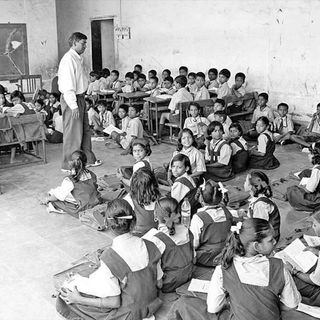The pandemic has led to a rise in job losses, but has and will affect young workers the most, the International Labor Organization (ILO) reported Wednesday. More than one in six young workers has stopped working, and this “lockdown generation” is currently facing a “triple shock” — the destruction of their existing jobs, disruption in education and training, and hardships in entering the labor market or moving between jobs, the report added.
Employees between ages 15 and 29 have been particularly hard-hit due to the lack of proper training or access to jobs, the report states. This is a double blow for this cohort, as it was already in a vulnerable position since the 2008 crisis. For instance, of the 178 million young people employed globally, 40% were already struggling in “hard-hit” sectors, such as food services and hospitality industries, according to the ILO. And, more than three-fourths were employed in “informal” jobs, with young workers from Africa accounting for 94% of employees in this category.
Overall, work hours equivalent to 305 million full-time jobs have been lost due to the pandemic. And of those who continue to be employed, 23% have experienced a reduction in working hours. While 10% believe they will be unable to complete their training, a full 60% of young women and 53% of young men surveyed said they saw their career prospects “with uncertainty or fear,” the report found.
India showed similar trends. According to another report by the Centre for Monitoring Indian Economy (CMIE), more than 27 million youth between ages 20 and 30 have lost jobs only in the month of April, following the nationwide lockdown. As an immediate fallout, “They [the youth] will now have to compete with the new cohorts joining the labour force after them, for fewer jobs,” the CMIE report stated.
Related on The Swaddle:
Indian Women Are Paid 34% Less Than Male Peers, Oxfam Reports
With a lot of these young people left behind, chances are, “they will be permanently scarred, maybe even for decades to come,” said ILO’s director-general, Guy Ryder. This long-term exclusion may raise the chances of damaging their future, increase proportions of households in debt, have implications on their savings, and also further widen the gender gap in the workforce given women still have it difficult when it comes to finding jobs or getting promotions.
There is an urgent need for a large-scale response to the crisis, not only for current employees to be able to resume work, but also for countries and states to consider measures to create employment and offer training programs for young people, with a focus on young women, who have lost or not been able to find jobs.




